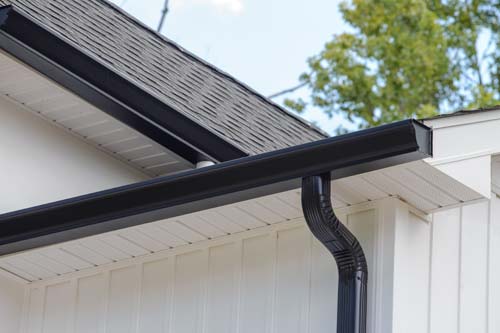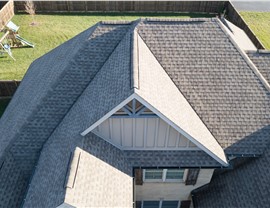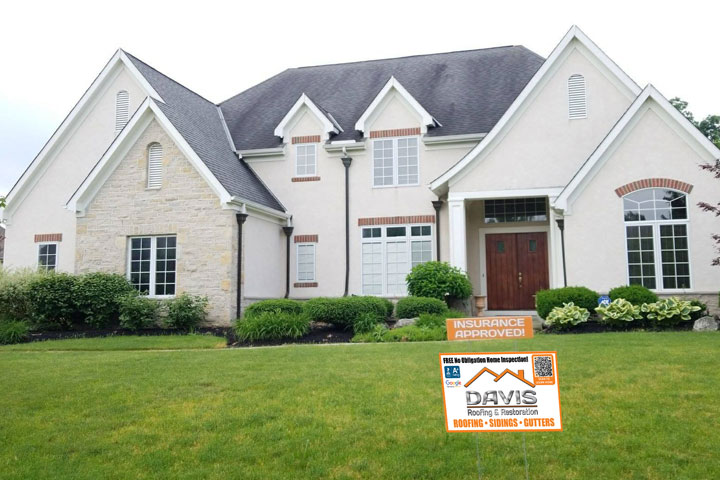There’s no question that Davis Roofing and Restoration, LLC is one of the most qualified roofers and exterior remodelers in the region. With an A+ rating and accreditation from the Better Business Bureau, you can trust that we’ll always provide reliable workmanship and customer support. We’ve won the Angi “Super Service” award for our expertise, and we’re extremely active in the local community. Our familiarity with insurance claims and demonstrated expertise with remodeling means that you’ll always get the top-tier assistance you need for your home or business. We keep you covered.
GET A FREE ESTIMATE Learn MoreLarge Service Radius North of Columbus
Here at Davis Roofing, we provide quality services to home and business owners in multiple cities. We primarily focus our services north of Columbus in North Columbus and the surrounding areas. If you reside in any of the towns or cities within this region, we’d be happy to serve you. Countless customers in the area have already trusted us for our dependable services. We’re excited to extend them to you as well.
GET A FREE ESTIMATE View All Cities



































